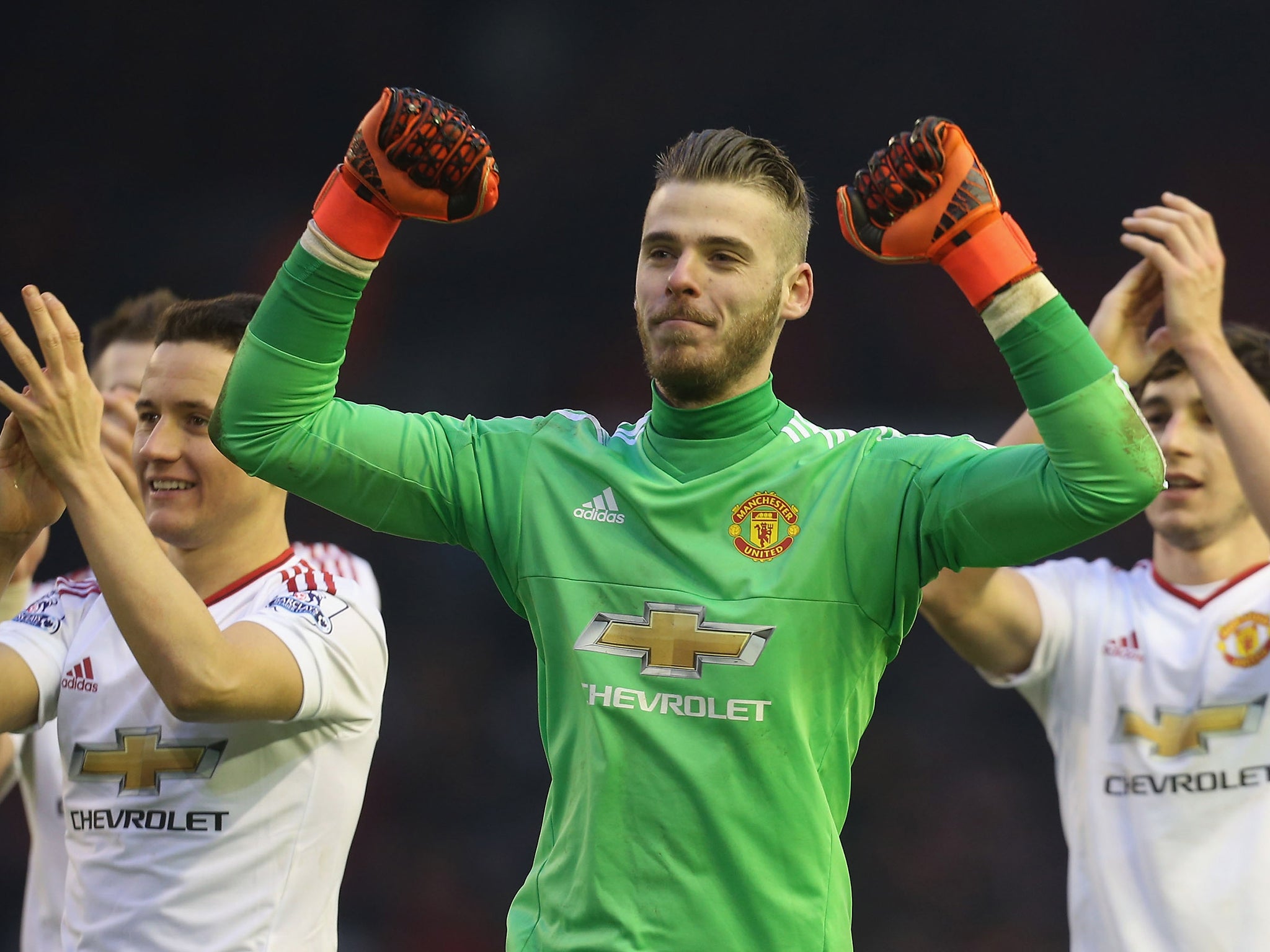Your support helps us to tell the story
From reproductive rights to climate change to Big Tech, The Independent is on the ground when the story is developing. Whether it's investigating the financials of Elon Musk's pro-Trump PAC or producing our latest documentary, 'The A Word', which shines a light on the American women fighting for reproductive rights, we know how important it is to parse out the facts from the messaging.
At such a critical moment in US history, we need reporters on the ground. Your donation allows us to keep sending journalists to speak to both sides of the story.
The Independent is trusted by Americans across the entire political spectrum. And unlike many other quality news outlets, we choose not to lock Americans out of our reporting and analysis with paywalls. We believe quality journalism should be available to everyone, paid for by those who can afford it.
Your support makes all the difference.More than 100 current Premier League players may not have been granted work permits to work and live in the UK if Britain was outside of the EU, according to research.
Some of this season’s most influential performers, including Manchester United goalkeeper David De Gea, West Ham United star Dmitri Payet, Leicester City dynamo N’Golo Kante and Arsenal enforcer Francis Coquelin, would not have been granted automatic work permits.
Freedom of movement and labour for EU member states means that the above quartet – all French – were able to come to the Premier League on automatic visas without having to pass the Football Association and Home Office’s work permit rules.
Research from the Britain Stronger in Europe campaign has found that more than 100 current Premier League players would have had to have applied for work permits if Britain leaves the EU.
Under EU law, the FA cannot directly discriminate based on nationality. On the other hand, one could make a case that Roy Hodgson’s England team be stronger without these extra 100 players taking up squad spaces and playing minutes.
Work permit rules stipulate that players who come from countries whose teams rank between one and 10 in the Fifa rankings must have played in at least 30 per cent of competitive international matches in the past two years; players from nations ranked 11 to 20 must have played in at least 45 per cent of games; players from 21-30 in at least 60 per cent; and players from countries ranked from 31 to 50 must have played in at least 75 per cent of games.
Of course, as has been seen on numerous occasions, Premier League clubs are able to argue their case if a player does not fill these criteria.
Appeals are looked at on a points based system, with transfer value, wages, and previous appearances all taken into consideration – there is even a secondary round of appeals if the first set of criteria are not met.
Still, some of these players would have found difficulty moving to the Premier League. The Football Association estimated, when setting out their new rules, that 33 per cent of non-European Economic Area players who gained entry under the old rules would not be playing in the UK under the new rules.
Some clubs have up to nine players who will have had to apply for working visas. Scroll through the gallery to find out which players could have been affected:
Do you think having stricter laws would improve the England team? Let us know in the comments

Join our commenting forum
Join thought-provoking conversations, follow other Independent readers and see their replies
Comments